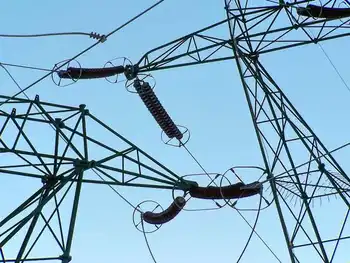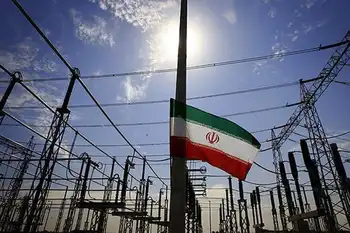Nuclear liability legislation raises criticism
By Industrial Info Resources
Protective Relay Training - Basic
Our customized live online or in‑person group training can be delivered to your staff at your location.

- Live Online
- 12 hours Instructor-led
- Group Training Available
The Indian government hopes that the new legislation will tempt foreign companies to enter the growing nuclear power market in India by offering protection from major compensation claims, should an accident occur at a nuclear power plant.
However, opponents of the legislation felt that it totally ignores the principle of "the polluter pays" and gives foreign companies absolute protection from compensation claims and clean-up responsibilities.
Under the legislation, foreign companies responsible for the construction of nuclear plants escape liability instead, the financial and legal liability in the event of a nuclear accident will lie solely with the operator of the reactor. In India, this effectively places the operator liability on the government-owned Nuclear Power Corporation of India Limited NPCIL.
The $110 million operator liability limit applies to isolated incidents the Indian government will pick up the tab over the $110 million limit. The maximum liability amount for a nuclear accident, no matter the number of deaths or injuries, has been capped at $460 million.
In the United States, the Price-Anderson Nuclear Industries Indemnity Act, first passed as long ago as 1957, has set the upper liability limit to $10.5 billion, or about 23 times higher than the Indian limit.
Introduced in the Indian parliament on May 7, the bill is a necessary step in the putting into operation of the 2008 India-U.S. nuclear cooperation agreement, paving the way for U.S. firms to enter the estimated $150 billion Indian civil nuclear industry. While the U.S. companies have been waiting for the new legislation, French and Russian nuclear firms, which are state-owned and thus would have liabilities covered by their respective governments, have not been affected by the absence of the bill.
Leading figures in the Indian nuclear industry, including the current and former chairmen of the Atomic Energy Commission of India, have offered support for the legislation, saying that the bill will open the way for India to join the Convention on Supplementary Compensation, an international fund developed by the International Atomic Energy Agency in 1997.
For the CSC to be brought into operation, at least five member states, with a combined capacity of 400,000 megawatts MW, need to ratify the protocol. Currently, four states, totaling 350,000 MW, have done so: Argentina, Morocco, Romania and the U.S. This leaves France, Japan, Russia or Korea singly, or a combination of the United Kingdom, India and China to ratify the protocol to bring it into effect.
India is keen to include a higher proportion of nuclear-generated electricity in the national mix and is aiming at increasing the country's nuclear capacity from the current 4,560 MW, or about 3 of the current generating capacity, up to 20,000 MW by 2020 and as much as 63,000 MW by 2032.
The government has plans to set up a 6,000-MW nuclear plant at Mithi Virdi, on the southern Saurashtra coast, but claims that opposition to the new liability legislation will delay the setting up of the plant. The plant will have a large impact on the area, with five small villages needing to be relocated, as well as several ship-breaking units that operate in the Alang ship-breaking yard.











